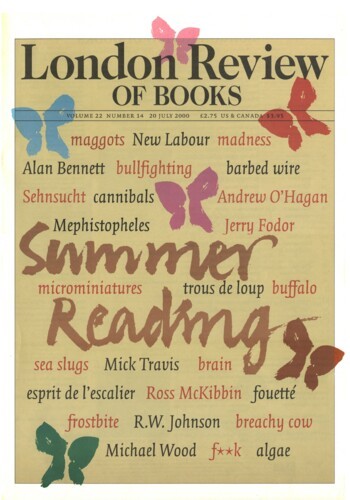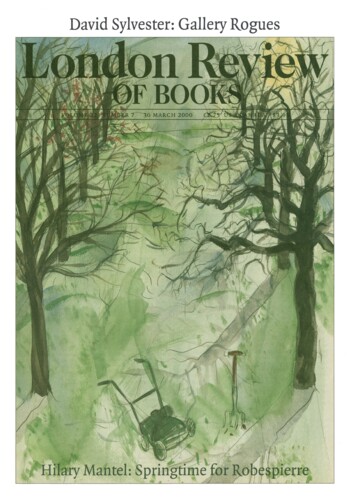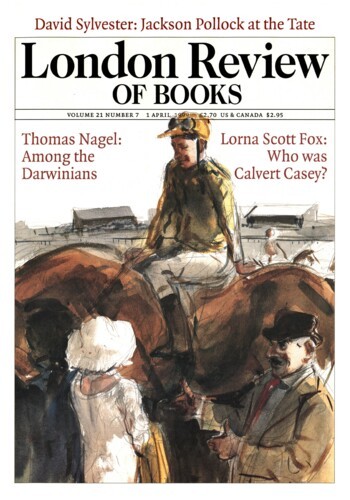A Giant Still Sleeping: Mike Davis
Lorna Scott Fox, 4 April 2002
Mike Davis has gone from meat-cutting and truck-driving to a migrant professorship, from the hands-on New Left to the New Left Review, from California to Edinburgh, Belfast and back. He is one of the last relics of madder, more eclectic days. The poet and environmentalist Lewis MacAdams claims that ‘in a Greek restaurant one night I saw him talk his way through an entire dinner, from...





